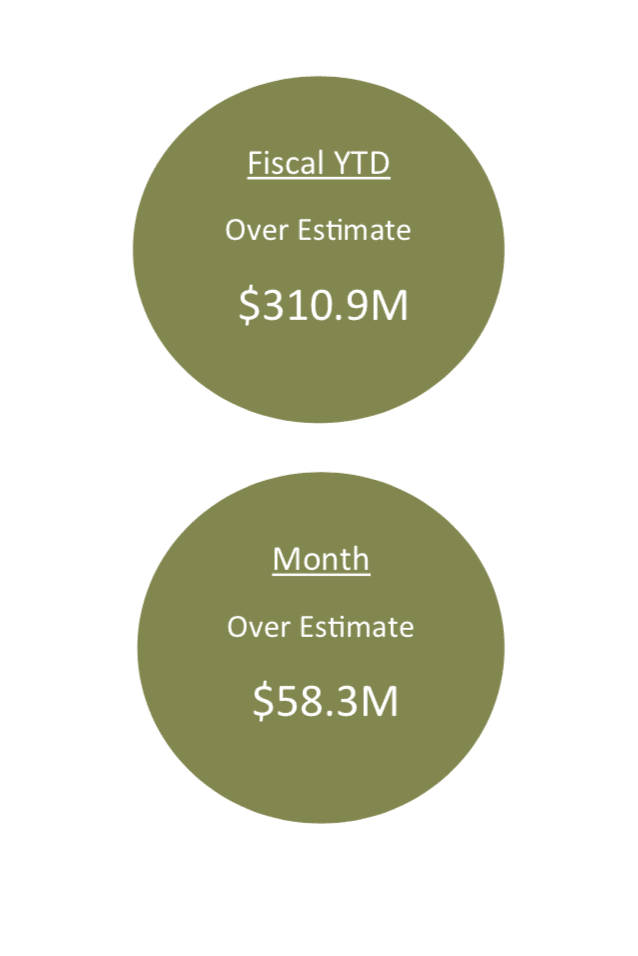
State testing is a long debated topic when it comes to education in Mississippi—with parents taking to the schools and social media to report the immense amount of stress that their kids are under.
Legislators such as Rep. Tom Miles have proposed legislation to end state testing and use the ACT as a benchmark instead… and while a score of 17 on the ACT is a requirement for graduation if one doesn’t pass their state test, it is still another test added to the already long list of standardized testing that students must face.
Y’all Politics reporter Jay Hughes recently discussed the use of the ACT as a benchmark for graduation. MDE spokesperson Pete Smith outlined the federal requirements of state testing that insures $500 million to $800 million in federal dollars for the state each year.
The federal requirements in question are those of the “Every Student Succeeds Act,” or ESSA. The ESSA is a replacement of “No Child Left Behind” that was signed by former President Barack Obama in 2015. It took effect in the 2017-2018 school year.
The ESSA kept state testing but moved accountability to the states. The states submit an accountability plan to the Education Department and local educational agencies can apply for grants and other financial assistance.
Along with elementary and middle school testing for math and English, Smith said, and “end of course assessments” for Algebra 1, Biology 1 and English 2 in high school is required by the feds. Additionally, the MDE requires a U.S. History test as well.
It has been pitched that the ACT could be used as a benchmark for graduation, but Smith added that the federal government views the ACT as more “broad” knowledge as opposed to subject area testing.
However, other states are using the ACT testing their high schoolers for graduation. In order to show that the state is aligning with federal standards, the state must submit the assessments to an expert panel for peer review. The assessments must be aligned to the state standards. In Mississippi’s case, Questar Assessment was under review.
States can choose to administer a “nationally recognized high school academic assessment” such as the ACT either statewide or within interested districts, under ESSA (20 U.S.C. § 1111(b)(2)(H)).
In the latest Condition of College and Career Readiness report by ACT, the company noticed a trend regarding the 16 states that have incorporated the ACT in its statewide benchmark testing.
“States that incorporate ACT college and career readiness solutions as part of their statewide assessments provide greater access to higher education and increase the likelihood of student success in postsecondary education,” the report stated. “Educators also have the ability to establish a longitudinal plan using ACT assessments, which provide high schools, districts, and states with unique student-level data that can be used for effective student intervention plans.”
Not only is the ACT as benchmark testing possible, it just makes sense.
When high school students start researching their college options (which often begins freshman or sophomore year with the help of teachers), they are told one thing: take your ACT early and take it often, because a higher score equals scholarships.
If the ACT were the benchmark, it has dual value beyond graduation day, unlike the rigorous state testing students and teachers are bombarded with each year.
No colleges are asking about a Mississippi student’s state test scores…not even the colleges in Mississippi. If a student is continuously failing the state tests, they can take the ACT and make a 17 as a graduation requirement instead.
So, it is possible. In fact, we’re doing it now, but only for students who don’t pass all the other tests. If other states are using the ACT, why not Mississippi?











